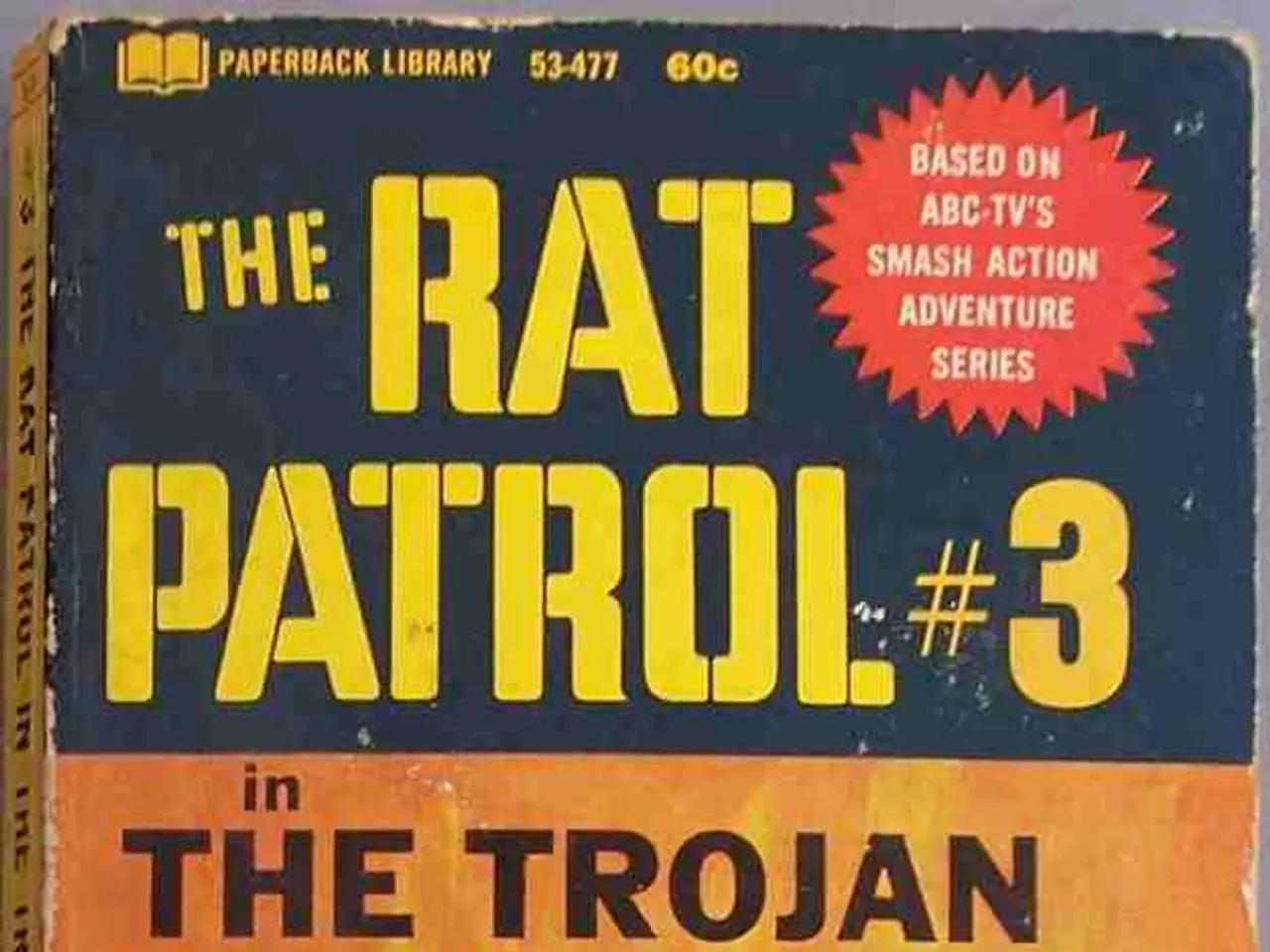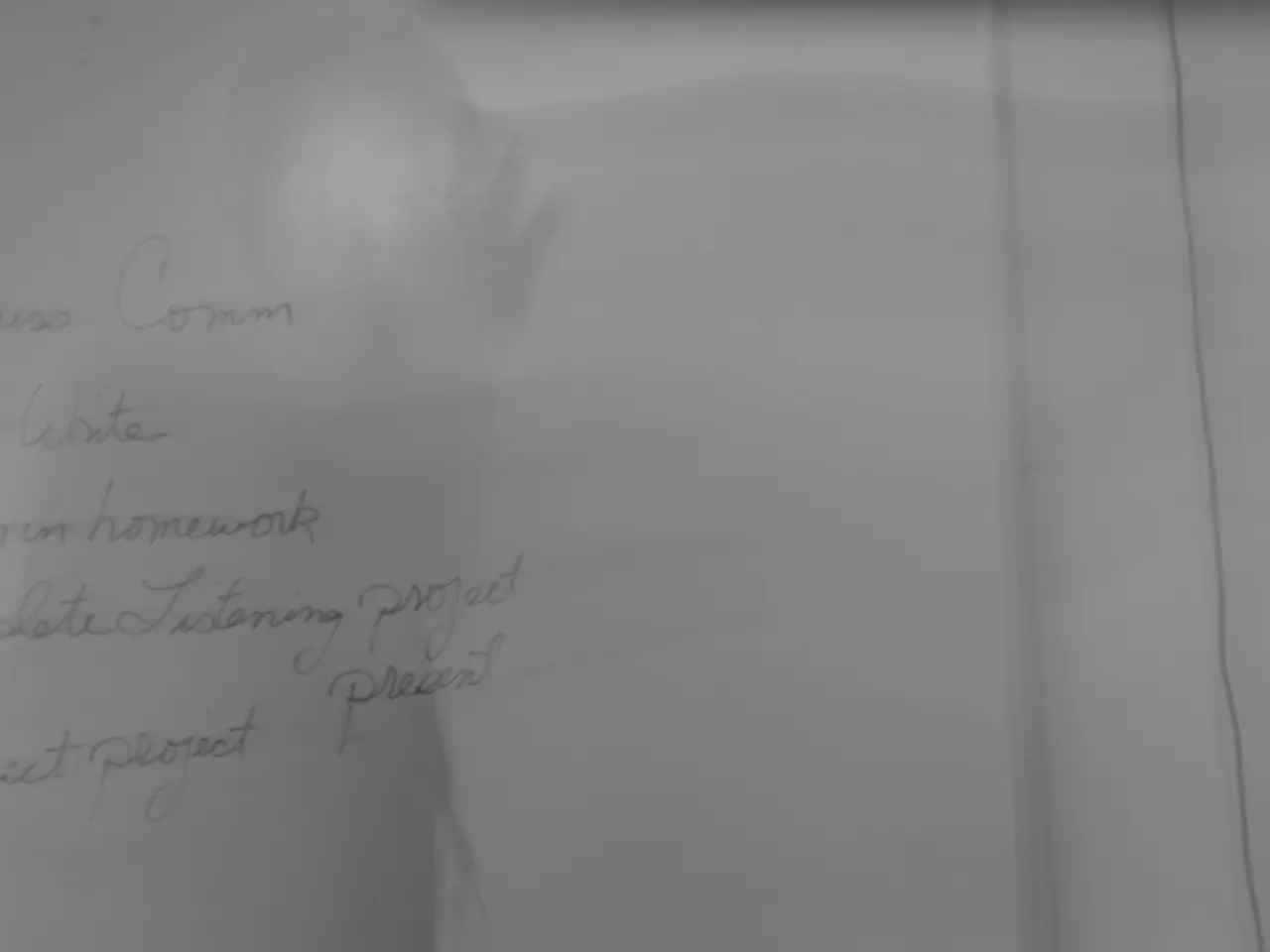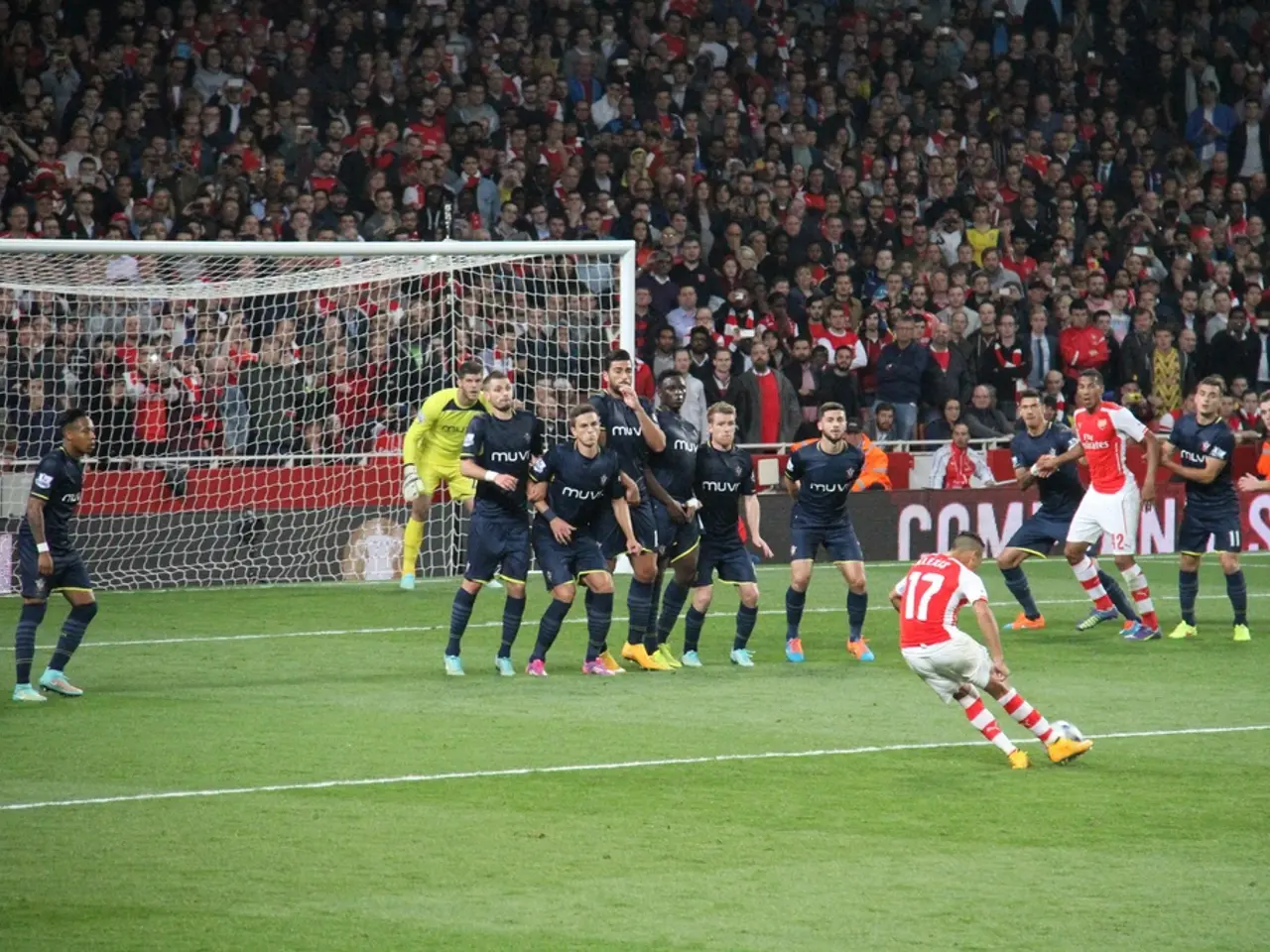Jeffrey Epstein's former partner, Ghislaine Maxwell, desires to keep grand jury transcripts concealed from public view.
The grand jury records in Ghislaine Maxwell's sex trafficking case, which consist of the exhibits and transcripts of testimony presented to federal grand juries that indicted Jeffrey Epstein and Maxwell, are at the centre of a heated debate. These records contain names and information not publicly revealed during Maxwell's trial, offering a more detailed account of the crimes and potentially implicated individuals.
The release of these records is disputed, with several parties voicing their opinions. Maxwell and her attorneys oppose the release, arguing that the grand jury transcripts contain hearsay, are not material for the public, and should remain confidential to protect privacy.
On the other hand, the U.S. Justice Department seeks to unseal these records to promote transparency and public understanding of Epstein's and Maxwell's crimes. They emphasize that much of the testimony was already public, but the exhibits contain new names. They are also notifying individuals named in the records to give them a chance to respond.
Victims and some witnesses, like Annie Farmer who testified against Maxwell, generally support releasing the transcripts with careful redactions to protect victims' identities. They argue that transparency is essential for justice and exposing the full scope of wrongdoing, including potential involvement of other individuals beyond Maxwell and Epstein.
There is tension between the pursuit of transparency and concerns over privacy, potential harm to victims, and the implications for other individuals named in the grand jury materials. Victims request the opportunity to review and propose redactions before any release to mitigate harm.
The dispute over releasing Maxwell’s grand jury records centres on the balance between public interest in transparency and justice versus privacy and protection of victims and others named in sensitive evidence not fully shown in Maxwell's trial.
The Epstein uproar has reached Congress, with the House Oversight Committee issuing subpoenas for sworn questioning of former President Bill Clinton, former Secretary of State Hillary Clinton, and eight former top law enforcement officials. Maxwell's lawyers argue that unsealing grand jury transcripts could be a "broad intrusion into grand jury secrecy" and potentially contain "hearsay-laden" testimony.
Bill Clinton and Trump were among Epstein's famous former friends, but neither have been accused of wrongdoing by Epstein's accusers. Trump has asked Attorney General Pam Bondi to request the unsealing of grand jury transcripts in the Epstein case. The House Oversight Committee has also subpoenaed the Justice Department for files in the Epstein case.
Deputy Attorney General Todd Blanche interviewed Maxwell late last month, at the government's request. A few of these allies got powerful positions in Trump's Justice Department, but faced backlash after the department announced that nothing more would be released and that a long-rumored Epstein "client list" does not exist.
Maxwell has appealed her conviction, so far unsuccessfully. Trump stated that he believes Blanche wants to ensure no one is hurt by the grand jury transcripts' release. This ongoing saga underscores the complexities of balancing transparency, privacy, and justice in high-profile cases.
[1] https://www.nytimes.com/2021/08/09/us/politics/ghislaine-maxwell-grand-jury-transcripts.html [2] https://www.reuters.com/legal/government/maxwell-lawyers-seek-block-release-grand-jury-transcripts-2021-08-09/ [3] https://www.cnn.com/2021/08/09/us/ghislaine-maxwell-grand-jury-transcripts-trnd/index.html
- The debate over the release of Ghislaine Maxwell's grand jury records, which contain new names and details about the crime and potential implicated individuals, has extended to Seattle's general news and politics, as well as traffic.
- The U.S. Government, along with victims and some witnesses, are advocating for the unsealing of these records to promote transparency, arguing that it is essential for justice and exposing the full scope of wrongdoing, even as Maxwell and her legal team oppose the release on privacy grounds.
- The release of Maxwell's grand jury records, amidst the ongoing controversy surrounding Jeffrey Epstein's sex trafficking case, is a high-profile example of the complexities involved in balancing transparency, privacy, and justice, as evidenced in crime-and-justice news and discussions about government policy.







